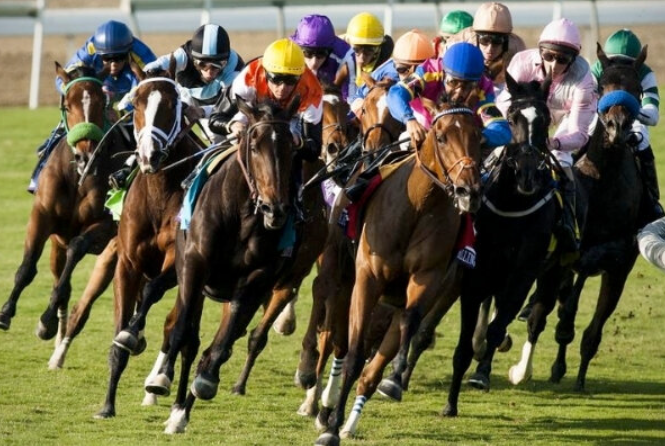How Horse Racing Horses Are Named: A Tradition and a Process
Naming racehorses is a nuanced process steeped in tradition. Governing bodies set specific guidelines to ensure names are unique yet meaningful. Breeders and owners play crucial roles in this creative endeavor, often drawing inspiration from various sources. The names chosen can reflect personal stories or cultural heritage, enriching the horse’s identity. As the significance of these names unfolds, the implications for branding and legacy become increasingly evident. What factors truly shape these choices?
The Naming Guidelines of Governing Bodies
The naming of horses is governed by a set of guidelines established by various equestrian organizations, ensuring a standardized approach across the industry.
These naming conventions promote regulatory compliance while allowing creativity. Restrictions often include avoiding duplicates, offensive terms, or names resembling famous horses.
See also: How Horse Racing Became a Global Phenomenon
The Role of Breeders and Owners in Naming
Naming a horse often reflects the unique vision and personality of its breeder or owner, serving as a crucial element in establishing the animal’s identity.
Breeder influence shapes initial naming choices, often drawing from lineage or heritage, while owner preferences can introduce personal anecdotes or aspirations.
This collaborative process ensures that each name resonates deeply, embodying both the horse’s pedigree and its future potential on the racetrack.
Creative Inspirations Behind Racehorse Names
What sparks the creativity behind racehorse names? Inspirations often stem from mythical creatures, evoking a sense of power and grace.
Historical figures also play a pivotal role, as owners seek to honor legacies and stories that resonate.
These names encapsulate a narrative, reflecting aspirations, emotions, and connections that transcend mere identification, adding an artistic layer to the sport of horse racing.
Cultural Significance of Horse Names in Racing
Cultural significance imbues horse names with layers of meaning that extend beyond mere identification in the racing world.
These names often reflect cultural heritage, connecting the horse to regional histories or notable figures.
Symbolic meanings can convey aspirations, emotions, or local pride, enhancing the spectator experience and fostering a deeper appreciation for the sport, while celebrating the rich tapestry of tradition surrounding horse racing.
Conclusion
In conclusion, the naming of racehorses is a blend of tradition, creativity, and cultural significance, reflecting the rich tapestry of the sport. Breeders and owners play pivotal roles in this process, crafting names that resonate with history and personal narratives. As spectators cheer for their favorites, one must wonder: what stories lie behind each name, and how do they shape the horse’s legacy on and off the racetrack? Ultimately, these names are more than mere labels; they are emblematic of a horse’s journey.





